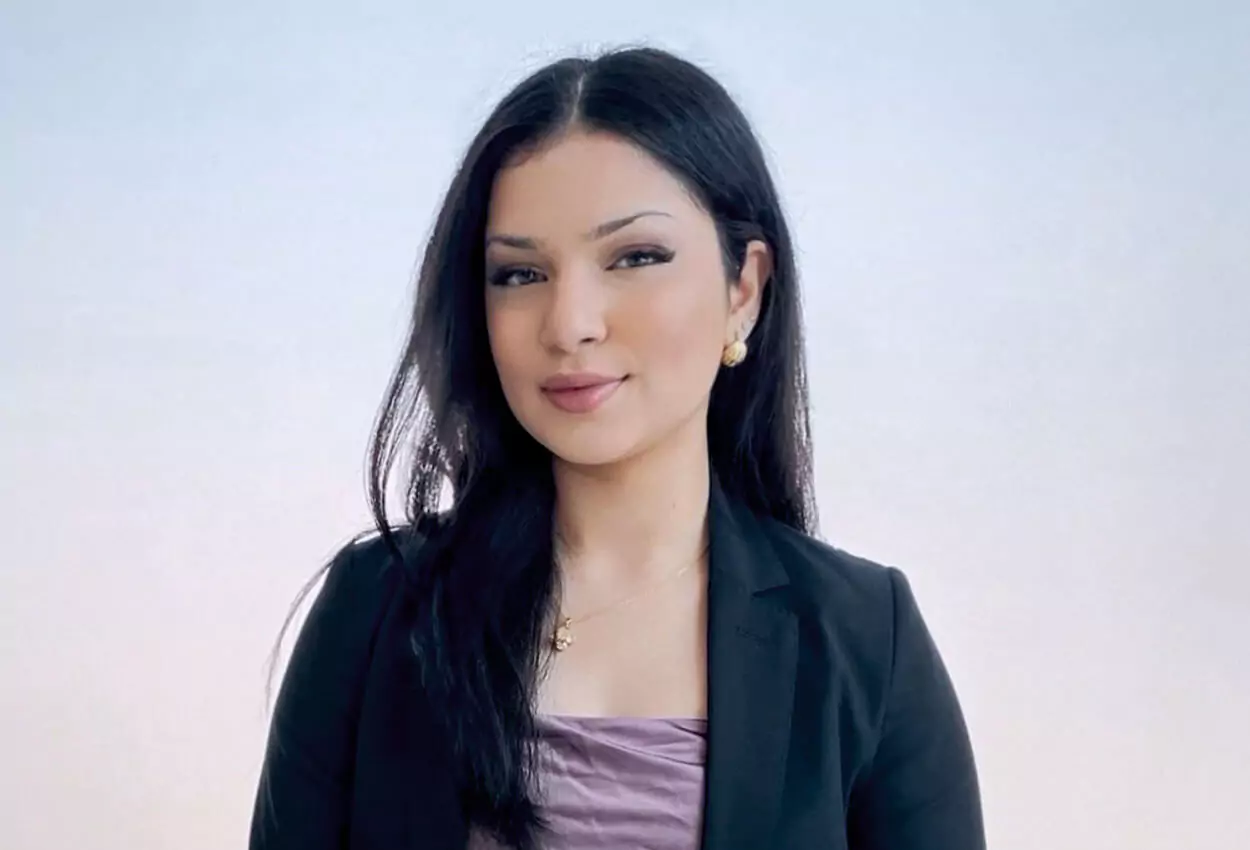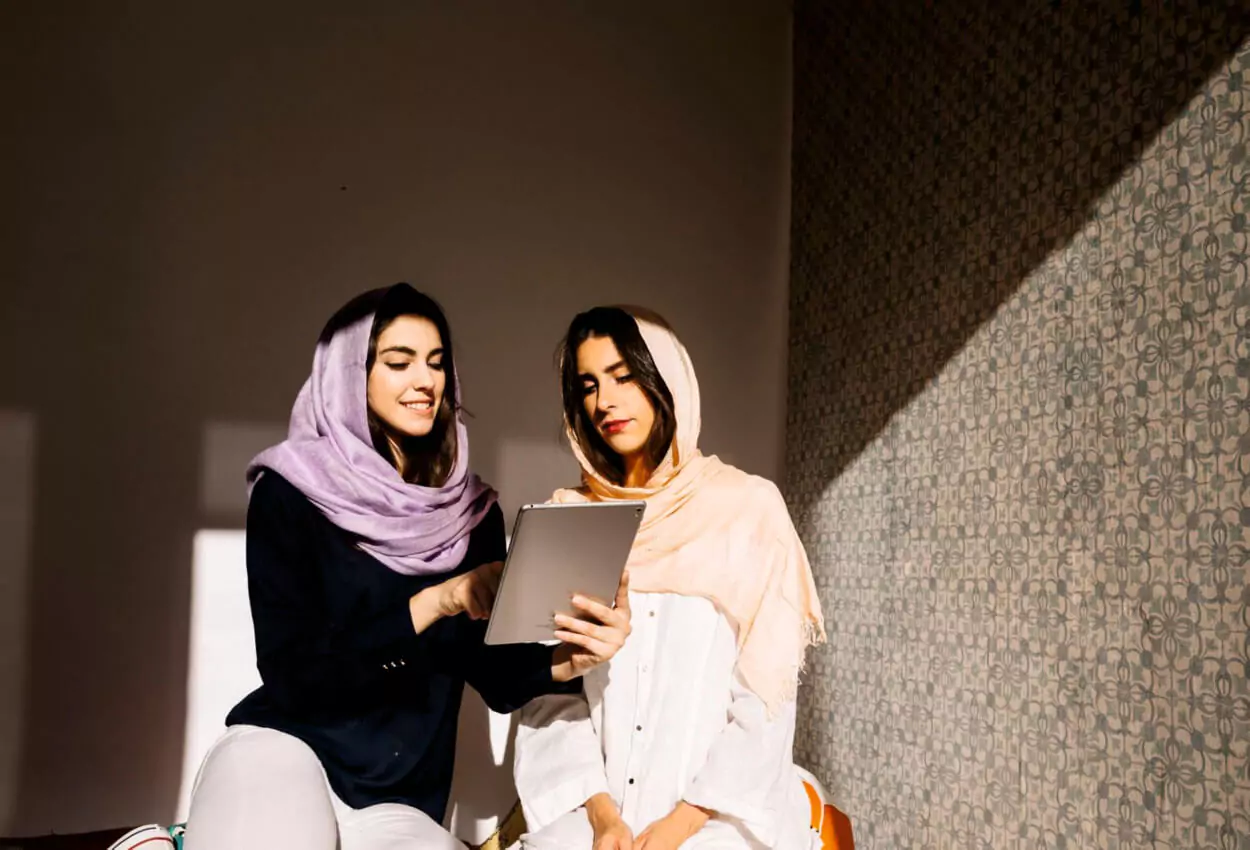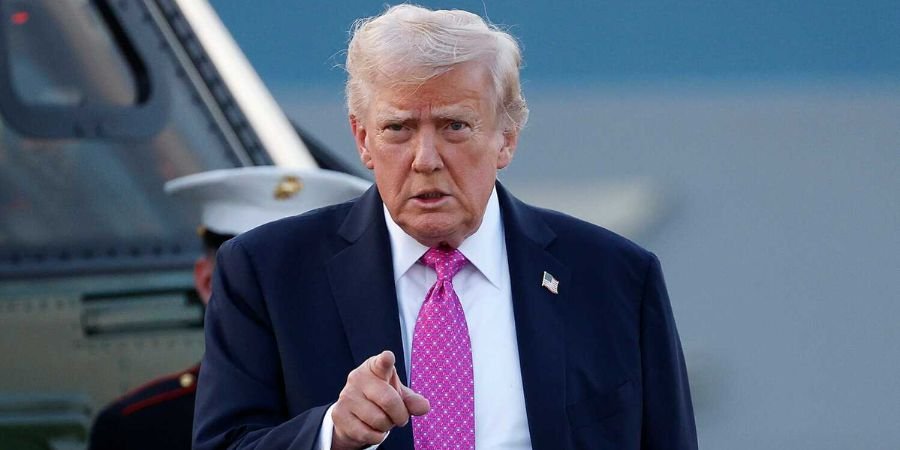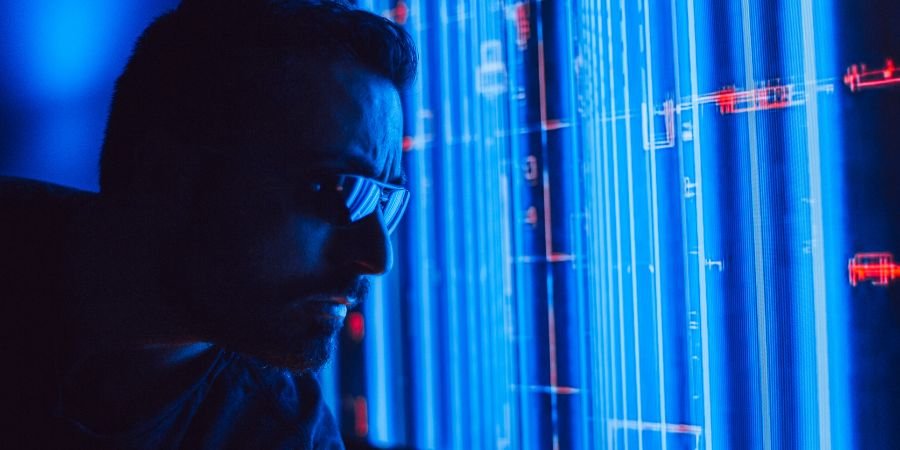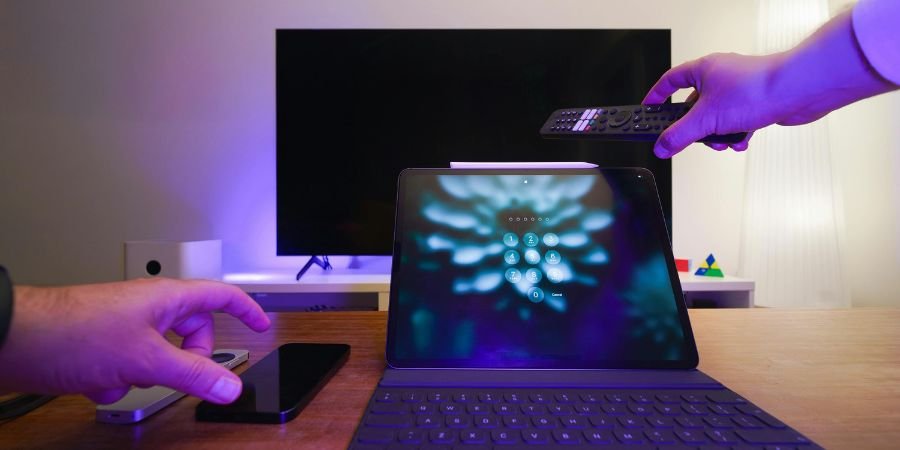By Jinane Daoud Jan. 1, 2025:
In a country deeply affected by the scars of war and economic instability, Lebanese women are emerging as powerful agents of change, illuminating the path toward a brighter educational future. These remarkable women, fueled by their unwavering belief in education as a fundamental human right, are not only reshaping traditional teaching methods but also advocating for inclusivity and harnessing technology to enhance learning experiences. In the face of challenges such as displacement, poverty, and digital divides, their inspiring work highlights how education can be a vital force for resilience and equality.
Struggles in Education During Conflict
The impact of conflict on Lebanon’s educational system has been profound and heartbreaking. Over 700,000 children have had their schooling disrupted due to war, displacement, and economic crises. Many schools have been forced to close, suffer damage, or even serve as shelters, leaving countless children without access to formal education.
During the COVID-19 pandemic, online learning became a temporary lifeline. However, significant gaps in digital infrastructure and technological literacy exposed deep inequities; fewer than 40% of Lebanese households had reliable internet access, making distance learning an unattainable dream for many.
Despite these daunting barriers, women leaders have risen to the occasion with innovative solutions that ensure education remains a symbol of hope for the most vulnerable members of society.
Innovative Pedagogical Strategies: Women Driving Change
Clara Lakis: Innovating Through Collaboration
Clara Lakis is a passionate educator who founded Savoirs et Pouvoirs during the pandemic. This online platform acts as a vibrant community where teachers can share resources and best practices, fostering collaboration and mutual support. Clara’s vision goes beyond just digital education; she is dedicated to democratizing access to knowledge, empowering both educators and students to thrive together.
Hala El Helou: Advocating for Vulnerable Youth
As a Partnership and Coordination Expert at UNICEF, Hala El Helou has become a champion for displaced and marginalized children. She has played a crucial role in standardizing non-formal education that aligns with the Lebanese curriculum, ensuring that even those who have been
uprooted can receive quality education. Hala’s coordination with international NGOs has led to the creation of welcoming learning hubs in refugee camps, providing safe spaces for children to learn and grow.
Layal Ghadar: Empowering Women Through Technology
Layal Ghadar’s initiative, Flourish with Layal, is a transformative program designed to close the gender gap in technology. By equipping women with essential digital skills and entrepreneurial tools, she empowers them to take charge of their futures in the tech industry. Layal’s workshops not only teach practical skills but also inspire critical thinking and problem-solving—abilities that are vital for navigating today’s complex world. Additionally, she employs creative pedagogical methods that engage learners in meaningful ways.
Noura Merhabi: Accessibility Through AI
Noura Merhabi is redefining what accessibility means in education through her innovative work with artificial intelligence (AI). By developing AI-driven tools specifically designed for visually impaired individuals, she is breaking down barriers and enabling greater independence in both educational settings and daily life. Noura’s commitment to inclusivity ensures that everyone has the opportunity to learn and succeed.
Rima Younes: Celebrating Francophonie
As a lecturer at Lebanese University and an advocate for Francophonie, Rima Younes understands the cultural significance of language education. Through her Francophone Cultural Clubs, she nurtures a love for the French language while addressing school dropout rates in rural areas. Rima’s efforts create enriching environments where students can connect with their heritage while gaining valuable skills.
Tahani Yassin: Innovating Mathematics Education
Tahani Yassin is a passionate educator and founder of M.O.T Academy, specializing in mathematics education. With extensive experience as a mathematics teacher and coordinator, she has dedicated her career to enhancing students’ critical thinking and analytical skills through modern teaching methodologies. Tahani integrates innovative approaches such as mastery teaching, flipped learning, inquiry-based models, and hands-on activities into her curriculum. Her commitment to using educational technology helps create engaging virtual classrooms where students take ownership of their learning journey.
Ursula Hajj: Policy Reformer and Community Builder
At Saint Joseph University, Ursula Hajj is at the forefront of policy reforms aimed at enhancing educational access for youth affected by conflict. Her initiatives include career guidance programs that inspire youth to envision their futures and workshops that encourage parents to play an active role in their children’s education. Ursula believes passionately that education is essential for societal development and works tirelessly to make it accessible for all.
The Role of Women Teachers
Women teachers in Lebanon are truly at the heart of this transformation. Many have embraced digital literacy and AI-driven teaching tools to create engaging learning experiences for their students. They encourage their fellows to utilize AI technology to foster curiosity and critical thinking These dedicated educators exemplify resilience as they adapt to evolving challenges while prioritizing their students’ needs—demonstrating that teaching is not just a profession but a mission and a vocation.
The resilience and creativity of Lebanese women leaders illuminate the crucial role of education in rebuilding a fractured society. Each leader—Clara Lakis, Hala El Helou, Layal Ghadar, Noura Merhabi, Rima Younes, Tahani Yassin, and Ursula Hajj—has shown that education is not merely a service; it is a fundamental human right capable of empowering individuals and transforming entire communities.
As we reflect on these inspiring efforts within the global community, we must ask ourselves: How can we further support these remarkable women and others in their mission to ensure that every child in Lebanon—regardless of their circumstances—has access to quality education?
The answer lies in sustained collaboration, strategic investment in educational initiatives, and an unwavering belief in the transformative power of learning.
References
El Helou, H. (2023). Standardizing non-formal education for refugees in Lebanon: A UNICEF policy brief. Beirut: UNICEF.
Ghadar, L. (2024). Flourish with Layal: Women in tech and education. Proceedings of the Tech Empowerment Summit, Beirut.
Hajj, U. (2023). Community-centric educational policies for conflict zones. Lebanese Policy and Education Review, 8(1), 102-117.
Lakis, C. (2022). Savoirs et pouvoirs: A digital shift in Lebanese education. Beirut: Savoirs et Pouvoirs Press.
Merhabi, N. (2023). AI for accessibility: Innovations for the visually impaired. Journal of Educational Technology and Accessibility, 10(3), 45-58.
United Nations Children’s Fund (UNICEF). (2023). Education under fire: The impact of conflict on children’s learning in Lebanon. Beirut: UNICEF Lebanon.
United Nations Educational, Scientific, and Cultural Organization (UNESCO). (2024). Digital learning: Bridging the divide in Lebanon. Paris: UNESCO.
Yassin, T. (2023). M.O.T Academy: Transforming Mathematics Education through Innovation.
Journal of Educational Innovations.
Younes, R. (2024). Francophonie and cultural education in Lebanon. Journal of Francophone Studies, 15(2), 75-88.
About the Author
Jinane Daoud is a passionate ESL and French teacher, holds a Bachelor of Arts in Educational Psychology and a Delf B2 certification. As a skilled freelancer and an inspiring multilingual educator, she brings a wealth of expertise to the table.


